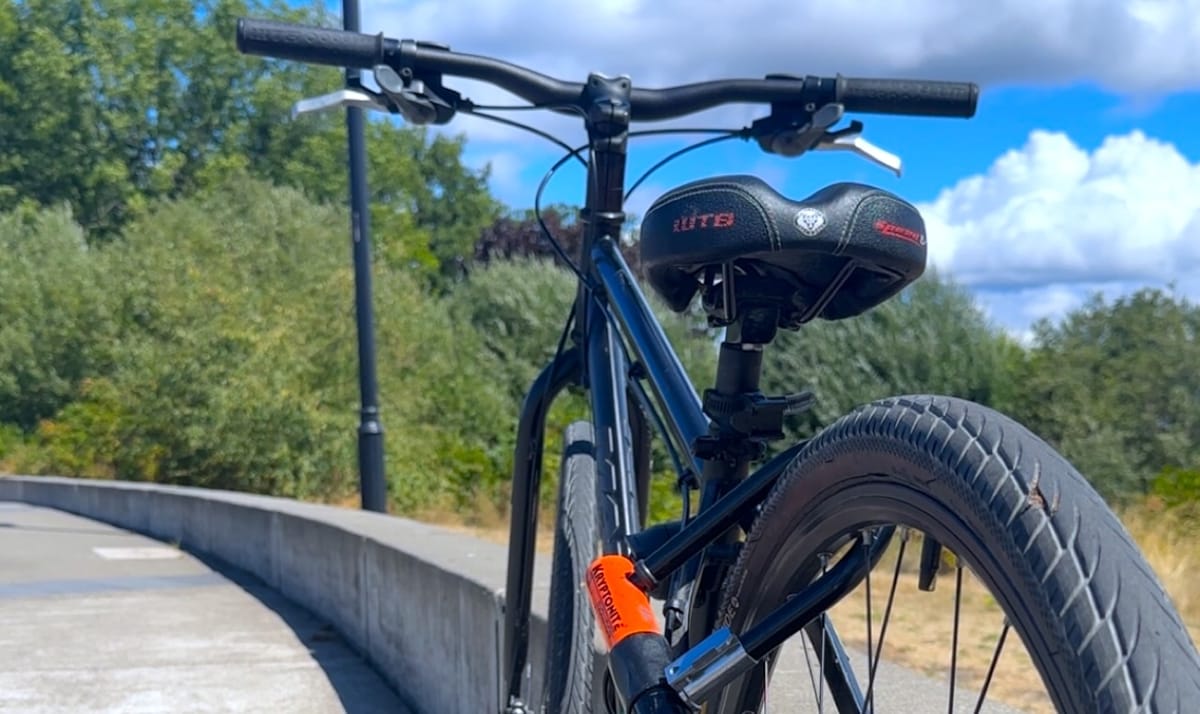just try it
i'm handing you a fork of something delicious

I'm pretty sure I'm a competitive person. When I start something I want to be good at it immediately. Earlier this year, a friend invited me to skate at a local roller rink. I hadn't ever skated as an adult. In the days leading up to the skate night, I secretly hoped I would be a natural at it. I'd kick off from the edge and turn out a triple axel, I don't know.
That didn't happen. I stumbled a lot. I lost my balance several times and felt generally unsteady most of the night. I did fall once, but I did it in such a graceful way. I skated towards some speaker boxes on the corner of the rink and forgot how to turn. It was more of crumple, really. By the end of the night I was scooting around with a single arm splayed out, ready to grab a railing when I needed it.
It's an aspect of modern society that I hate. It's not enough for people to do something, they have to do it very well. It feels like a waste of time otherwise. Like meditation, there are plenty of things I'm not good at that I still like doing. And how do we start doing them, anyway? I think we should just try it. Here's how:
- How long will you give yourself? For most activities, a week is a great amount of time. If your goal is to do something once a week, that might not work. Neither will deciding to go bouldering every day for six months. That's too much to start! Think of something reasonable. This period is an experiment with no further expectations beyond that. It should be long enough to get over the first-try jitters or even build a little routine. The experiment should not be so long that it feels daunting to even start.
- You won't be good at it. That's okay. Keep this in mind up front. Sara Burnett tried out free diving for the first time and almost immediately the u.s. women's free diving team invited her to join them. She is a lifelong swimmer who discovered a passion and skill for competitive free diving. If this is you (or if you're Sara Burnett reading this, hi!), congratulations. You found something you're incredible at. For the rest of us, an experiment is not often a period of time that creates experts. The important thing at that moment is that we're trying.
- After a week, look for what you did like. The experiment is a chance to figure out what you do and don't like. I know folks who save dance music, a podcast, or an audiobook for their exercise time. I'm sure there's a fancy psychology that says to tie a thing you love to a thing you have to do. That's how we used to get our cats to take medicine, and I'm sure it works in humans too.
- Don't forget to check in. Check back in with yourself after a week, or whatever time you set aside to experiment. Did it work? Was it worth it? What were the good parts? What was bad? And this one's important: did you give it a real try? If not, would tweaking your plan or your goal help? If you did give it a try, decide if it's worth it to you to keep going. Consider setting another goal. It could be an indefinite one, or it could be another week. There are no rules around experiments (disclaimer: yes, I was once a scientist).
try, try again
I started doing meditation a few years ago. Most nights before bed I sit down and try to quiet the incessant chatter of my brain. I don't know what it means to be "good" at meditation, but I would never tell someone I was good at it. I've finally stopped telling people I'm bad at it. One day, at my therapist's suggestion, I gave it a try. I downloaded an app. I took a class. Now I find a comfortable spot on the bed, on a chair, on the floor. Over time, it became a practice that I make time for. That's good enough for me.



